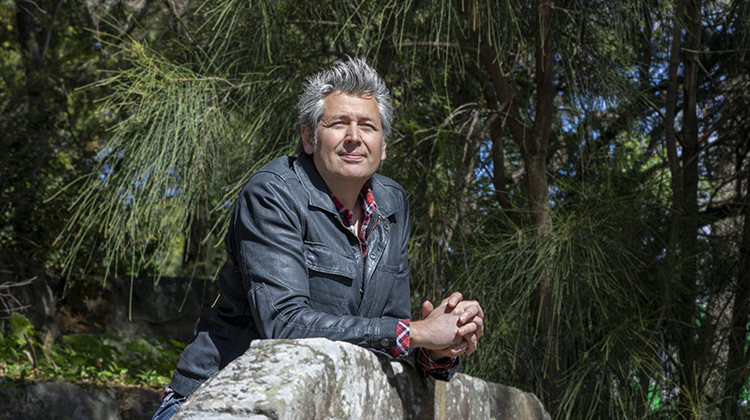If You Want to Change the World, Go to Business School

With ATAR scores being released, outgoing year 12s have a chance to set their careers on a trajectory to solve our planet’s most pressing environmental concerns.
Higher education is a key component of providing future leaders with the toolkit for change. And while environmental-related STEM studies might be the obvious first choice, I’d argue that enrolling in business school could be even more impactful for the next generation of climate professionals.
Worryingly there is a trend afoot that has had a marked effect on how students think about their studies - and it all started with the impact of the pandemic on student learning. For example, more than one in ten Victorian Certificate of Education (VCE) students are withdrawing from end-of-year exams and completing an unscored VCE certificate, meaning they will not receive an ATAR. In 2022, 10.9% of students withdrew from exams, which contrasts heavily with pre-pandemic levels of 4.1% in 2018.
This falloff points to a generation opting out of pathways to higher education, which is a alarming signal - because we urgently need brilliant minds dedicated to solving the world's most pressing climate issues. To get there, they need to learn the theoretical fundamentals to engender change from within the system.
If the next generation is serious about solving the climate crisis as part of their future careers, they need to be in the business of innovation. Business schools offer a unique environment where future climate leaders can hone their skills in problem-solving, strategic thinking, and effective collaboration - all essential attributes for addressing the complexities of climate change.
My first foray into business education was sparked by a program called the Youth Business Initiative and run by the ACT Government in Canberra. This initiative provided a holistic approach that provided a $3,000 grant, income support for a year, and a rigorous training course.
The course provided a short but deep dive into business training, crafting our business plans, and gaining practical skills that went beyond theoretical knowledge and equipped aspiring entrepreneurs with the tools they needed to succeed. Since then I have completed NSW Enterprise Workshop training and also a Masters of Entrepreneurship from the University of Adelaide (think MBA for start-ups).
It's this constant evolution, the perpetual learning around business, that is missing in the sustainability space.
To achieve tangible results in addressing environmental challenges, we need to ensure the next generation is not merely skilled in the rhetoric of sustainability, but also in the practicalities of running a sustainable business.
Up until now, the fight against climate change all too often disintegrates into an ideological debate very similar to that between socialism and capitalism. This dogmatic approach impedes our ability to find common ground and effective solutions. To turn ideas into action, we need a hive of trailblazers, disrupters, inventors, and innovators that will turn ideas into a transformed climate. And it all starts by enrolling in business school.
To attract and out-compete other sectors for this latest and greatest generation of talent, businesses in the environmental sector need to amplify their profitability and embrace its powerful capacity for innovation.
Tomorrow’s eco-leaders must think about issues through a three-way lens of profit, people, and the planet. This is the vision that the next generation of leaders can shape within the walls of a business school, where the pursuit of profit aligns seamlessly with the pursuit of a sustainable, equitable, and resilient world.
If they want to solve the climate crisis and be at the forefront of changing our climate for the better, our country’s outgoing year 12s need to be in the business of innovation. It's not about education for education’s sake; it's about creating a catalyst for global impact.
To any ambitious year 12 leaver reading this article: if you want to change the world, enrol in business school.